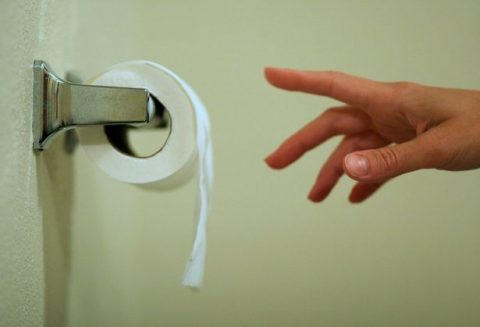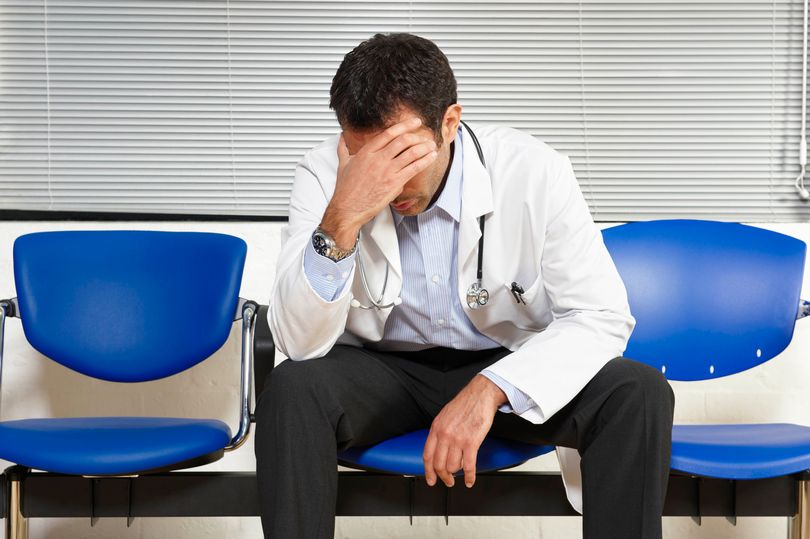If there was a test for cancer you could do yourself would you do it? Of course you would. And I do. Every second year. It’s so easy and simple and it saves lives.
Yet bowel screening has the lowest uptake of any cancer screening programme. I want to change that. I’d like to encourage everyone over the age of 60 to be doing it.
It’s offered to men and women aged 60-74 in England (50-74 in Scotland) and takes a sample of poo then looks for traces of invisible blood.
I’m wondering why people seem reluctant to do this simple test. Is it embarrassment, fear, or being unsure how to collect a sample?
One of the best ways to overcome your embarrassment or anxiety is to speak to your doctor/nurse about how to use the kit.

You can also look at Cancer Research UK’s video or website for ideas on how collect a sample (cruk.org/bowelcancerscreening).
All the instructions are in the kit. In England, Wales and Northern Ireland two samples of three stools are needed, in Scotland only one.
There are at least five ways to collect your bowel screening sample – in an empty and clean takeaway carton, an empty grape punnet, a clean empty margarine tub, with a plastic bag over your hand, or with cling film over the toilet.
So that’s a big worry taken care of.
You take a small sample of poo using the screening kit you’re sent, which you send off in a hygienically sealed prepaid envelope.
The reason this test is so worthwhile is that it aims to detect cancer at an early stage when treatment is more likely to work.
Most people will have normal results. Only about 2 in 100 people will have an abnormal result – and most of those don’t have cancer.
Another type of screening called bowel scope looks at part of your bowel and can prevent bowel cancer developing in the first place.
If abnormal growths (polyps) are found they can be removed. If they are left they can become cancerous.
Men and women in England are invited for a one-off bowel scope screen at age 55.
About 1 in 300 people who have a bowel scope will have cancer. The screening centre will let your GP know who will refer you to a specialist for assessment and treatment. If caught early, the outlook is very good.
With such encouraging results, what’s not to like?

